Project Overview
Using an interlocking set of strategies, the Black-led Freedom Community Center in St. Louis integrates restorative justice with personal healing and broad-based advocacy to transform communities. “We’re positioned as a fusion of individual, intrapersonal, and systemic intervention,” explained Mike Milton, the Center’s executive director. Milton and his staff—all of whom are violence survivors—know first-hand how the work of healing personal trauma can be leveraged to spur system-shifting change. “We know that the opposite of trauma isn’t healing, it is power,” he said, “and how we can use that power to divest from systems that continue the generational trauma cycle.” To keep people out of the criminal legal system, the Center oversees a survivor-centered restorative justice process that includes pre-charge diversion for people accused of doing harm. Notably, the neighborhood-based process is driven by community members rather than district attorneys, as is more typically the case. And Mike has helped lead hugely impactful campaigns such as Close the Workhouse, which defunded the biggest jail in St. Louis and diverted funds to rebuilding neighborhoods—a win that put communities of color in charge of their own destiny.
Five Questions
Learn more about this project
Meet our other 2021 awardees
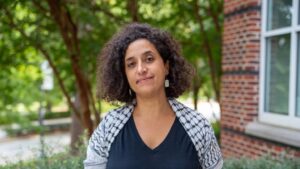
North Carolina (Operating nationwide)
Every Campus A Refuge leverages the sizable resources of colleges and universities to provide a stronger, more dignified landing for refugees.
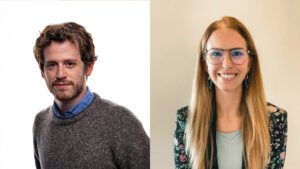
Daniel Bögre Udell &Kristen Tcherneshoff
New York (Operating globally)
Wikitongues safeguards threatened heritage languages by giving people resources to document, teach, and promote culture-sustaining mother tongues.
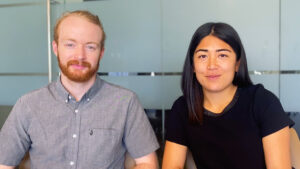
District of Columbia (Operating nationwide)
Cambium Carbon upcycles fallen urban trees, growing green jobs while building equitable cities and mitigating climate change at scale.
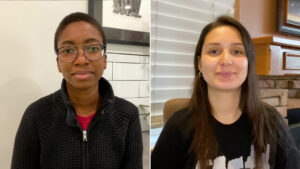
Esperanza Dillard &Talila "TL" Lewis
Nationwide
HEARD’s trauma-informed reentry program provides healing, empathy, and justice for deaf/disabled people who have been harmed by the carceral system.
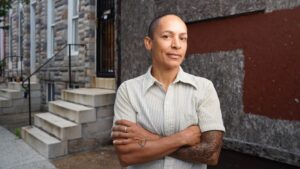
Maryland
Homeownership and construction skills-building come together as a platform that centers Black women, reclaims historic homes, and sparks neighborhood-scale change.
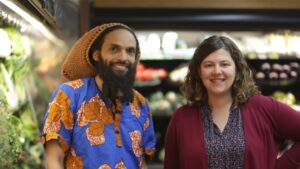
Ohio
Co-op Dayton builds community- and worker-owned cooperatives that center Black workers, expand democratic participation, and renew long-neglected neighborhoods.
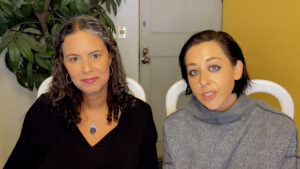
Ariel Koren &Fernanda de Oliveira Silva
California (Operating globally)
Respond provides trauma-informed, life-critical translation and interpretation services to asylum seekers and anyone needing language support in contexts of crisis.
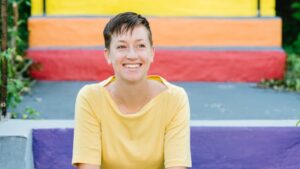
Wisconsin (Operating nationwide)
Driven by a reparations ethic, Nuns & Nones collaborates with Catholic sisters to invest their land and assets in regenerative land stewardship.
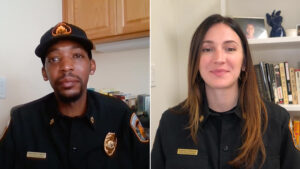
Forestry and Fire Recruitment Program
California
A promising California model builds a pipeline of needed wildland firefighters by forging career pathways for individuals formerly incarcerated in “Fire Camps.”

 Learn More
Learn More